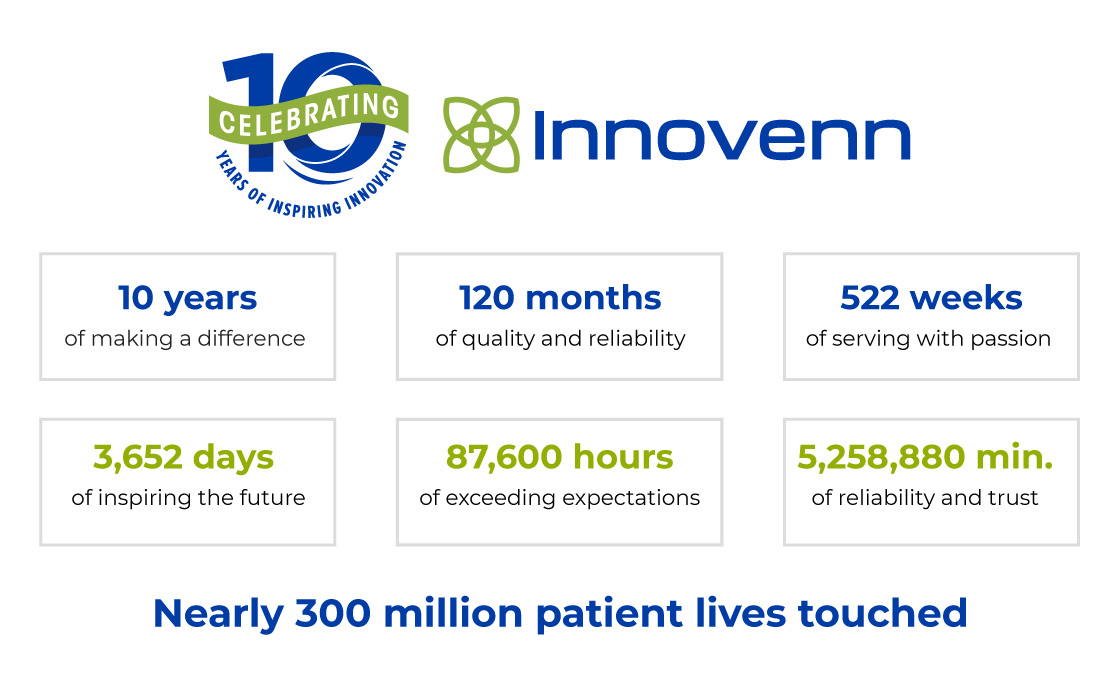What is a Clinical Evaluation?
The European Medical Device Regulation (MDR) defines clinical evaluation as a systematic and planned process to continuously generate, collect, analyze and assess the clinical data pertaining to a device to verify the safety and performance, including clinical benefits, of the device when used as intended by the manufacturer (MDR, Article 2). The process is required for medical devices that are intended to be marketed in the European Union.
Generating clinical evidence is critical to demonstrating conformity with the relevant general safety and performance requirements in Annex I of the MDR. The extent of clinical evidence required depends on the characteristics of the device and its intended purpose.
The clinical evaluation process begins during the development of a medical device and continues throughout its lifecycle.



